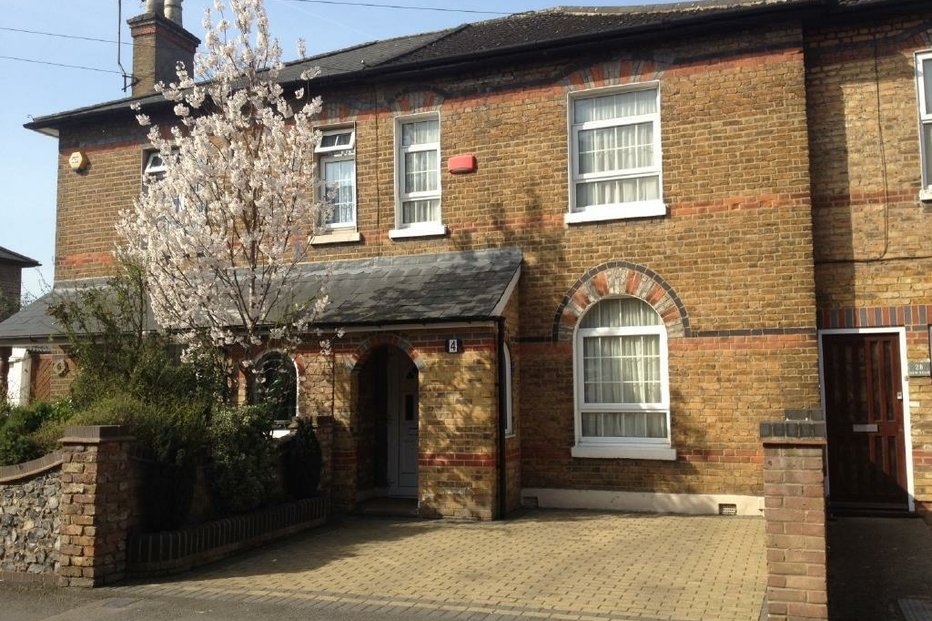Homes that require major structural work can be purchased for £40,000 less than the market average and could be a way onto the housing ladder for first time buyers, it is suggested.
Research among estate agents by Direct Line Home Insurance found that so called fixer uppers can be bought for around 17% less than the market average.
As a result, these properties can provide a more affordable way for first time buyers to get on the housing ladder, or for property investors houses requiring only minor structural fixes can be purchased for £13,500 or 6% less than the market average for the property.
Estate agents highlight there is still money to be made in flipping properties, with 62% believing buyers can capitalise on price reductions if renovations are required and make a profit even if a house requires structural work.
However, there are considerations depending on the area, as one estate agent located in Bristol reported that there can be consequences with higher value properties as stamp duty has eroded the value of any profits.
When planning to add value to a property, research shows home owners can boost the resale price by £9,980 on average by redecorating every room. The best single room to renovate is the kitchen, which alone can add £9,275 to the value of the property. Renovating the bathroom on a property can add £7,532 to its value.
The research also suggests that renovating original features can add £7,358 to the value, adding modern touches adds £6,071 and refurbishing the exterior adds £4,500.
‘Fixer uppers are still a good option for first time buyers and there is still money to be made for those looking for a challenge by renovating a property. However, home owners should keep the costs of major work in mind and ensure they are not taking on too much work,’ said Jeremy Bristow, head of home insurance at Direct Line.
‘Putting your own personal touch on a home can be fun and exciting but complications could lead to a hefty bill. With this in mind, renovators should ensure they have a contingency fund in place should they come across any unexpected repairs,’ he explained.
The research also found that while some people want a home that is ready to move into, 21% think that fixing up a home is more cost effective than moving into one that has been already done up.
Only 12% thins that the stress of fixing up a home is not worth the hassle of organising a renovation and 35% believe that fixing up a home allows them to add their own personal touch to a property, which they find extremely attractive.
Bristow pointed out that house holders who are planning home renovations should let their insurer know about any changes being made to their house. ‘Any work that involves walls being knocked down, floors being taken up or electrics changed, can result in damage to the property. Having scaffolding erected and builders coming and going with spare keys also increases the security risk,’ he explained.
‘Once the building work has been completed, house holders should also inform their insurer of any changes that have been made to their property, as adding rooms can not only add value to their home, but also change their home insurance requirements,’ he added.
















Having bought through Cameron, i felt they kept me update to date with everything that was going on. There was no hassle arranging viewings, and they helped me all the way through the process. Good, efficient service. Will definitely recommend!
... read more